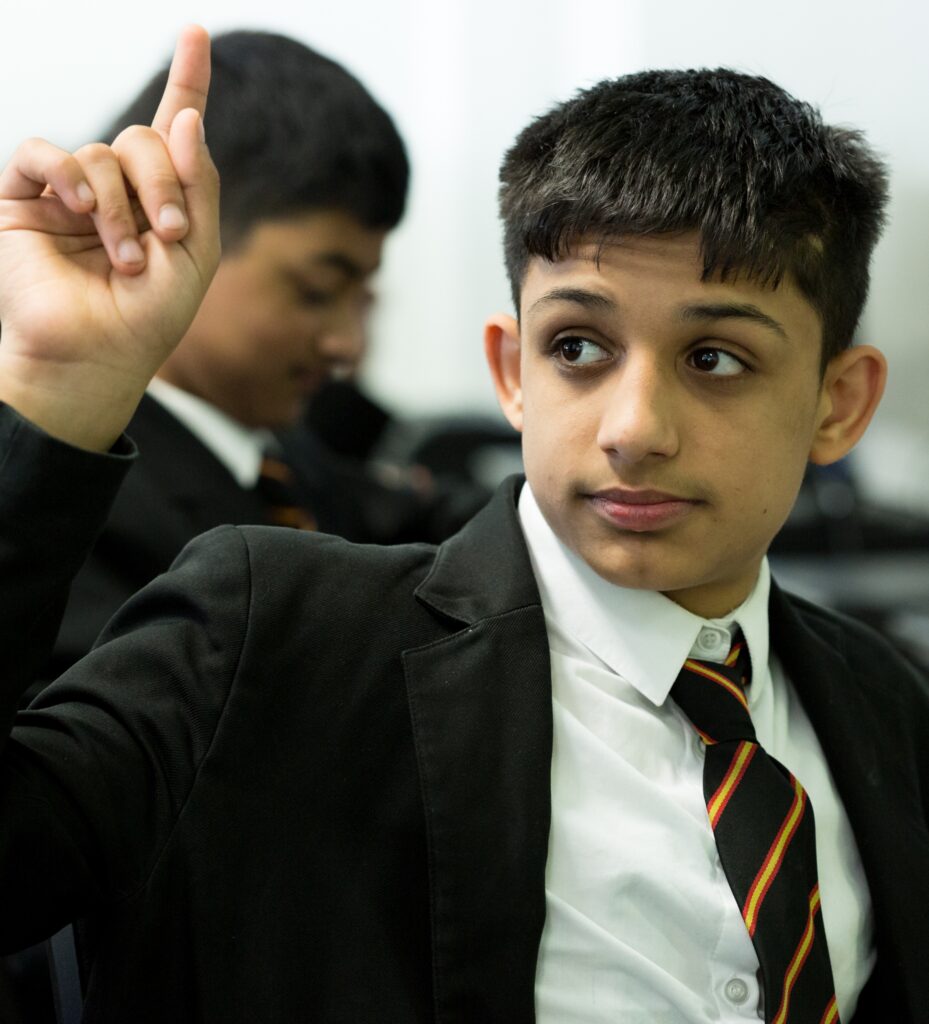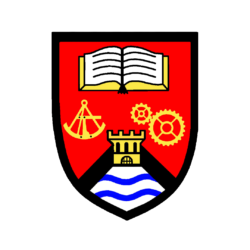Faculty of:
Mathematics
Head of Faculty:
Mr H. Amellal
Deputy Head:
Mr A. Jallal
Members of staff:
- Mr P. Bhutta (Headteacher)
- Mr Z. Chowdhury (Deputy/Assistant Headteacher)
- Mr H. Mohan (Further Maths coordinator)
- Mr A. Hossain (Maths KS5 coordinator)
- Mr S. Ahmed
- Mr R. Rahman
- Ms R. Akhtar
- Mr K. Choudhury
- Mr F. Uddin-Choudhury
- Ms A. Tait
- Mr M Y. Miah
About the department:

Mathematical thinking is important for all members of a modern society as a habit of mind for its use in the workplace, business and finance; and for personal decision-making. Mathematics is fundamental to national prosperity in providing tools for understanding science, engineering, technology and economics.
The subject transcends cultural boundaries and its importance is universally recognised.
The Mathematics team are all specialists. We believe that all pupils should experience a wide variety of teaching and learning styles in order to ensure that their mathematical experience is as wide and fulfilling as possible. Pupils at all levels are involved in whole class, group work, individual study, investigational and problem solving activities, practical, mental, aural and oral work. We share best practice and strive to deliver material in ways which help all types of learners learn.
Key stage 3 Curriculum:
Students are set in ability groups from year 7 all the way up through the school. The setting is closely monitored and reviewed every half term after every assessment point to ensure that students are set based on their personal needs and ability.
In year 7 and 8 students follow a programme of study covering the 6 areas of Maths: Number, Algebra, Ratio, proportion and rates of change, Geometry and measure, Probability and Statistics. The programme of study that students cover is differentiated to meet the needs of the ability of the set.
Work is covered in units and a formal assessment is carried out at the end of each unit of work. A number of opportunities are also provided for pupils to apply their mathematical knowledge in a range of situations and to take part in challenges and rich tasks to engage them in Mathematical reasoning and problem solving.
Homework will consist of a variety of internet or written based tasks for all students.
Schemes of work for years 7 and 8 can be found on FROG.
Key stage 4 Curriculum:
Year 9 is seen as a preparation year for GCSE where students will be extended on to GCSE material and resources to best prepare them for their national exams. Similar to year 7 and 8 the year 9 programme of study is differentiated to meet the ability of the set.
In Years 10 and 11 students will follow the EDEXCEL new GCSE (9-1). Leading on from their KS3 studies, students will be assessed in more depth on the following areas;
- Number
- Algebra
- Ratio, proportion and rates of change
- Geometry and measures
- Probability
- Statistics
Students will study at either foundation or higher tier. Both tiers will enable students to study toward the same assessment objectives but with different weightings as outlined below:
Students will sit 3 examination papers; two calculators and one non calculator.
Exam Structure: 3 papers
Paper 1: Non Calculator, 80 marks, worth a third of the GCSE
Paper 2: Calculator, 80 marks, worth a third of the GCSE
Paper 3: Calculator, 80 marks, worth a third of the GCSE
Content from any part of the specification may be assessed in any of these three papers.
KS4 Schemes of work can be found on FROG.
Key stage 5 Curriculum:
Studying Maths at KS5 has the following aims:
- Enable students to acquire knowledge and skills with confidence, satisfaction and enjoyment.
- Give them experience of mathematical activity and develop resourcefulness in solving problems.
- Enable them to apply mathematics and recognise its significance to other disciplines.
- Provide them with a foundation for further study of mathematics.
Stepney Green College offers both Maths and Further Maths at KS5.
The following units will be studied in A-Level Maths: Pure Mathematics 1 and 2, Statistics & Mechanics 1 and 2
The following units will be studied in A-Level Further Maths: Core Pure Mathematics 1 and 2, Decision 1 and Further Statistics 1
The school organises revision sessions and interventions to help students out of their normal school hours.
Extra-Curricular:
- UKMT Senior mathematics challenge
- UKMT intermediate Mathematics Challenge
- UKMT junior Mathematics Challenge
- Homework club
- Intervention sessions
- Chess club
- Challenge of the month
Electronic learning:
- Mathswatch: SGMCSC subscribes to the mathematics website “Mathswatch” which allows pupils to access topic-based worksheets and interactive lessons at home as well as school. These can be used to reinforce their understanding and is an excellent revision tool. They each have a personal login and can track their progress throughout the year.
- www.examsolutions.net
- www.nrich.maths.org
- www.mrbartonmaths.com/goodsites.htm
- www.mathsgenie.co.uk


